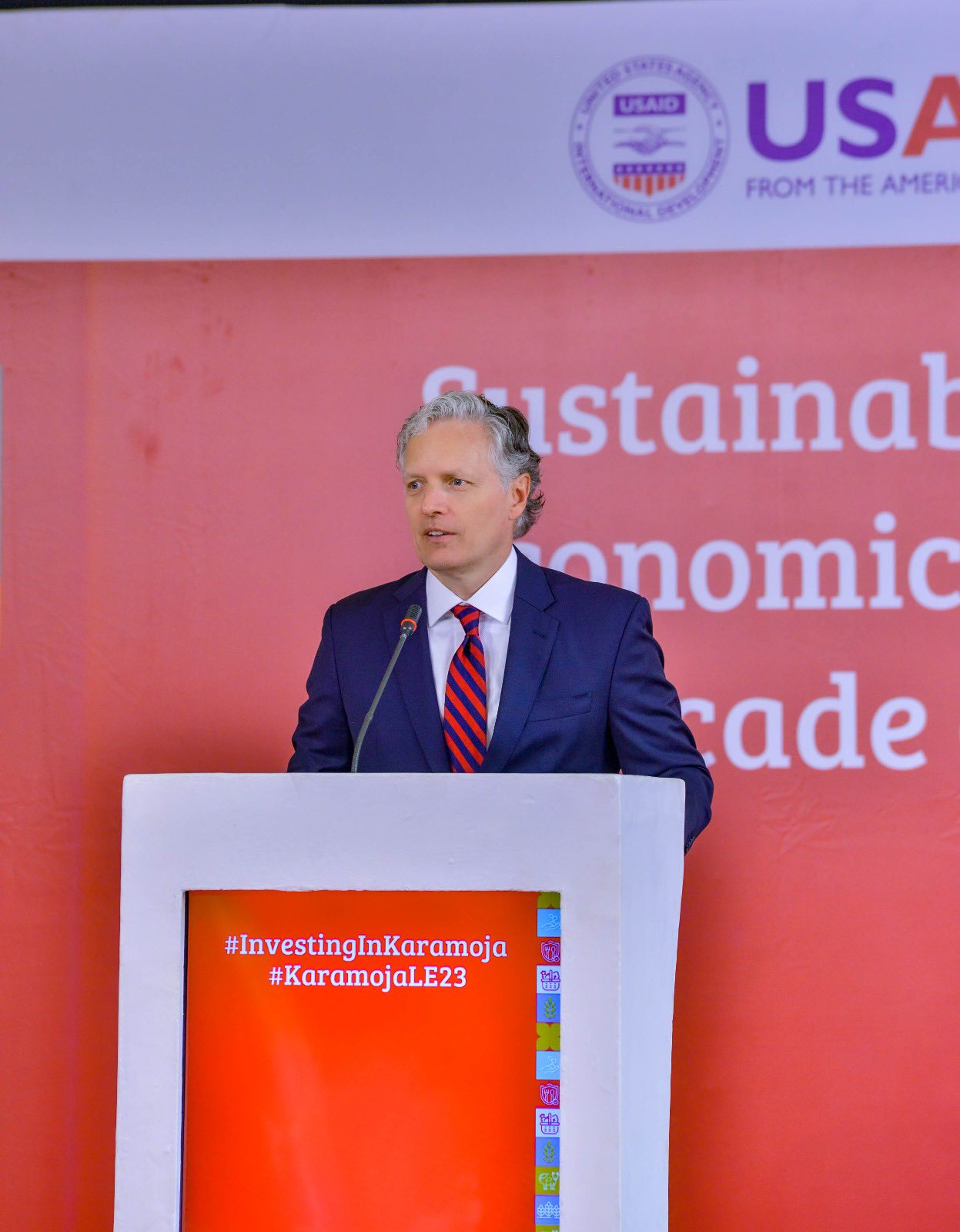In a complex tug-of-war over Uganda’s Electronic Fiscal Receipting and Invoicing System (EFRIS), the Uganda Manufacturers Association (UMA) has thrown its weight behind the initiative while criticizing aspects of its execution by government agencies.
UMA Chairman, Deo Kayemba, reiterated the pivotal role of EFRIS in enhancing tax administration but pointed out the widespread confusion among taxpayers regarding both the system and the broader tax framework.
Kayemba stressed, “The taxpayers do not understand it, nor do they even understand the tax regime, a situation that should have called for proper sensitization of the masses before implementation.”
EFRIS, heralded as a solution to streamline business transactions through real-time e-receipts and e-invoices issuance, has faced staunch opposition from traders in Kampala and neighboring regions. Allegations of double taxation and claims of abrupt implementation have fueled the dissent.
In response, Uganda Revenue Authority (URA) defended the system, affirming its alignment with existing tax laws. Commissioner General John Musinguzi countered the accusations, stating, “Even before the recent standoff, we have consistently engaged with various trade associations and taxpayers. These mutual discussions have consistently led to solutions.”
Kayemba echoed concerns over the penalty levied on non-compliant traders and advocated for a phased rollout of EFRIS to mitigate disruptions. He proposed, “The penalty of 6 million shillings to defaulting traders is unfair, and the implantation should have been in a phased way.”
Furthermore, UMA proposed that VAT should only be applicable to businesses with a capitalization of at least $50,000, mirroring the investment license threshold for local investors.
Addressing broader trade concerns, Kayemba highlighted the need for the effective implementation of the Competition Act 2023 to address unfair trade practices, including manufacturers with retail outlets.
On the contentious issue of garment taxation, UMA opposed the suspension of specific duty rates on imported finished textile products, citing its importance in safeguarding the local industry from undue competition. Kayemba underscored the positive impact of recent tax amendments, emphasizing increased investment in the local textile sector.
As tensions simmer, UMA urges stakeholders to engage in constructive dialogue to resolve outstanding issues and foster a conducive business environment in Uganda. The intricacies of this debate underscore the complexities of balancing fiscal policies with industry demands, with the ultimate goal of driving sustainable economic growth.
Do you have a story in your community or an opinion to share with us: Email us at Submit an Article









